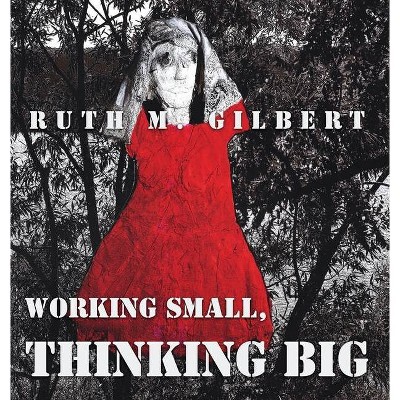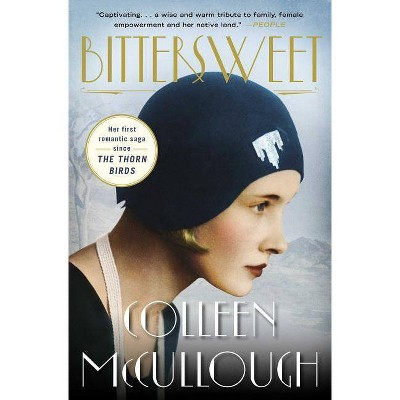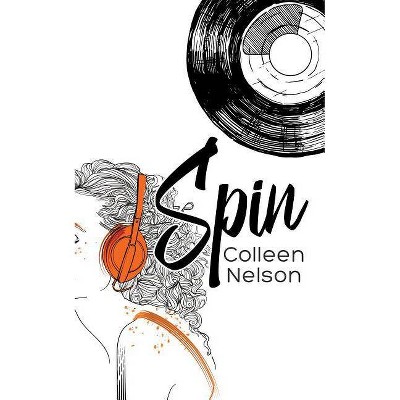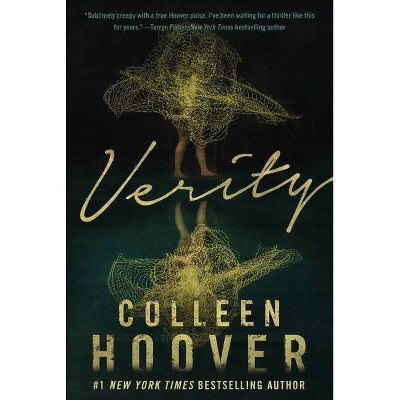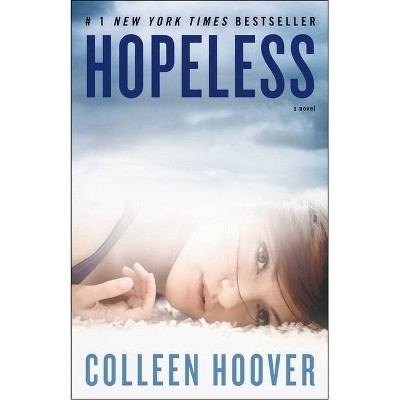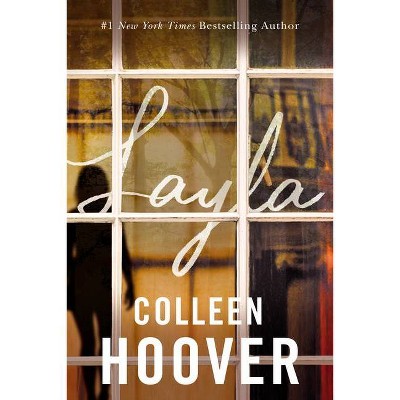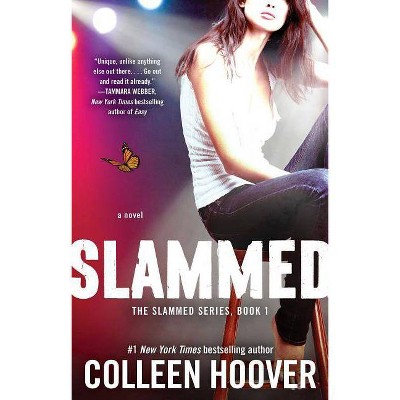Indecorous Thinking - by Colleen Ruth Rosenfeld (Paperback)
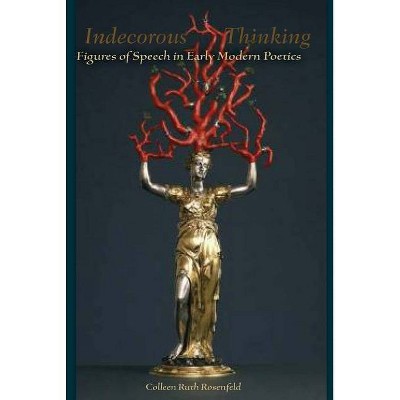
Similar Products
Products of same category from the store
AllProduct info
<p/><br></br><p><b> About the Book </b></p></br></br>Indecorous Thinking argues that early modern writers including Philip Sidney, Edmund Spenser, and Mary Wroth challenged humanism's increasingly dogmatic conflation of truth with plainness by treating figures of speech as the instruments of thinking and as the engines of poetry's imaginative worlds.<p/><br></br><p><b> Book Synopsis </b></p></br></br><p>Indecorous Thinking is a study of artifice at its most conspicuous: it argues that early modern writers turned to figures of speech like simile, antithesis, and periphrasis as the instruments of a particular kind of thinking unique to the emergent field of vernacular poesie. The classical ideal of decorum described the absence of visible art as a precondition for rhetoric, civics, and beauty: speaking well meant speaking as if off-the-cuff. Against this ideal, Rosenfeld argues that one of early modern literature's richest contributions to poetics is the idea that indecorous art--artifice that rings out with the bells and whistles of ornamentation--celebrates the craft of poetry even as it expands poetry's range of activities. <p/>Rosenfeld details a lost legacy of humanism that contributes to contemporary debates over literary studies' singular but deeply ambivalent commitment to form. Form, she argues, must be reexamined through the legacy of figure. Reading poetry by Philip Sidney, Edmund Spenser, and Mary Wroth alongside pedagogical debates of the period and the emergence of empiricism, with its signature commitment to the plain style, Rosenfeld offers a robust account of the triumphs and embarrassments that attended the conspicuous display of artifice. Drawing widely across the arts of rhetoric, dialectic, and poetics, Indecorous Thinking offers a defense of the epistemological value of form: not as a sign of the aesthetic but as the source of a particular kind of knowledge we might call poetic.</p><p/><br></br><p><b> Review Quotes </b></p></br></br><br><i>Indecorous Thinking</i> is a fine contribution to the history of early modern rhetoric and poetics, and should be particularly valuable to literary historians of period romance.-- "Sixteenth Century Journal"<br><br><i>Indecorous Thinking</i> is an excellent and timely book about how poetic figures 'craft' thought and work together as engines of poetic 'world making.' It is a rich and sustaining book, one anyone working in the field of English Renaissance literature will want to own and have ready to hand. <i>Indecorous Thinking</i> is original but it is also traditionally learned; tightly argued but also elegantly written; daring but also mature.<b>---Gordon Teskey, Harvard University, <i></i></b><br><br>It is rare to encounter a book as learned, engaging, thorough, and innovative as Colleen Rosenfeld's <i>Indecorous Thinking</i>. Rosenfeld deftly challenges a long-held truism of literary history: that <i>sprezzatura</i>, or the concealment of labor, was a goal uniformly shared by celebrated English poets. To the contrary, Rosenfeld shows, early modern writers frequently practiced 'indecorous art, ' or art that makes conspicuous--even audacious--use of figures of speech. Refusing to confine itself to what uncontestably is, this poetry works instead in the subjunctive mood to imagine a world constructed otherwise.<b>---Melissa Sanchez, University of Pennsylvania, <i></i></b><br>
Price History
Price Archive shows prices from various stores, lets you see history and find the cheapest. There is no actual sale on the website. For all support, inquiry and suggestion messages communication@pricearchive.us
